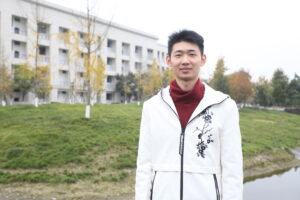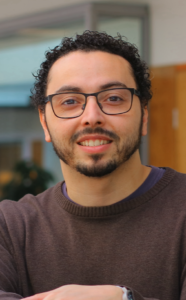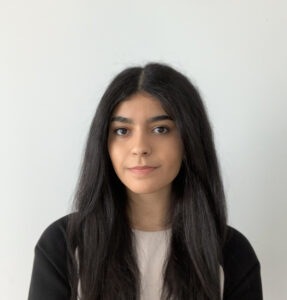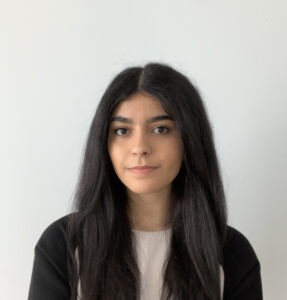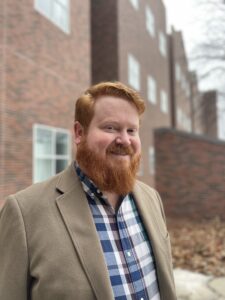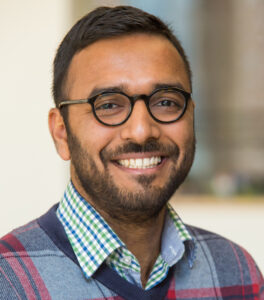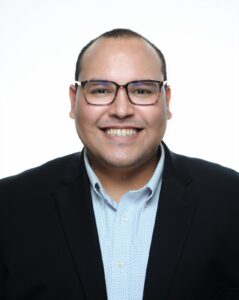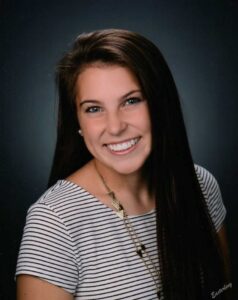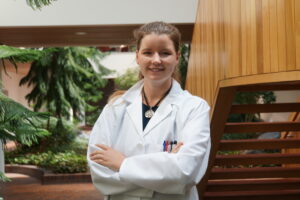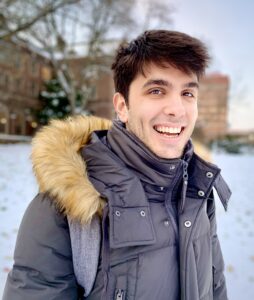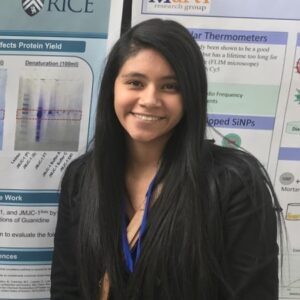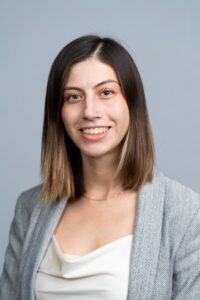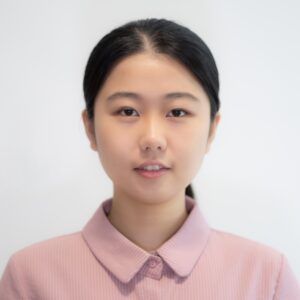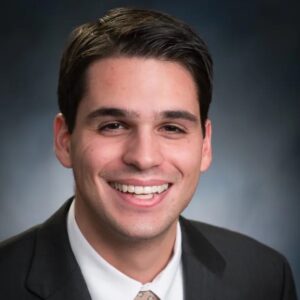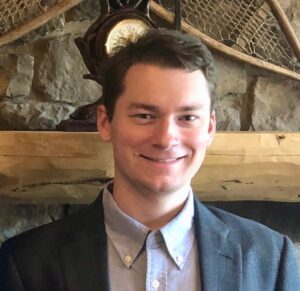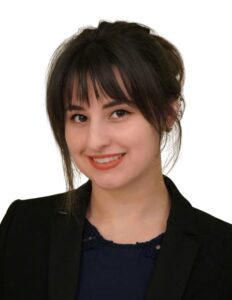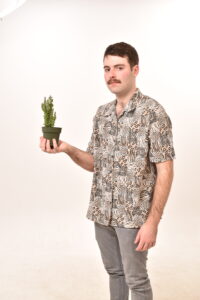Samuel MD Oliveira
I am a Research Assistant Professor at the Department of Electrical and Computer Engineering (ECE) and the director of the Oliveira Lab (www.oliveiralab.me), a recently created research group at Boston University (BU). In addition, I am the Senior Manager of the DAMP lab (www.damplab.org) at BU.
The Oliveira lab investigates the emergence of microbial community complexity and their underlying interactions in varying environmental contexts and studies microbial community design principles and metrics to help build novel collective behaviors. We hope that breakthroughs in computational and synthetic biology methods will accelerate our knowledge of the links between genetic sequences and intercellular communication to study and engineer the spatiotemporal behavior of biological networks. Among my key collaborators: i) Prof. Chris Voigt (MIT) for improving the predictive DNA design automation tool named Cello (Genetic Circuit Design Automation with Cello 2.0. Nature Protocols).
In my early career, I have published more than 30 articles in journals, conference proceedings, and book chapters, acted as the guest Editor for JoVE, and as a reviewer for Nat. Comm., ACS Synth. Biol., Synth. Biol. J., among others. In addition, I have directly supervised and co-supervised 7 research staff, 7 graduate students (none of whom received their Ph.D. with me), 3 master’s students, and over 14 undergraduates. I was one of the recipients of the Sao Paulo Foundation’s Best Innovative Biotech Product Award in 2019. Based on that, I co-founded a commercial synthetic biology, automation-based company named Doroth (www.doroth.com.br) in Brazil.
Currently, with the support from a $1.4M NSF grant, BU’s Professor Douglas Densmore (co-PI), Prof. Andrews (PI) from UMass Amherst, and my team (technical lead support) are teaming up on an ambitious effort to create microscopic, programmable “living devices” which can detect and neutralize specific toxic contaminants found in drinking water.
